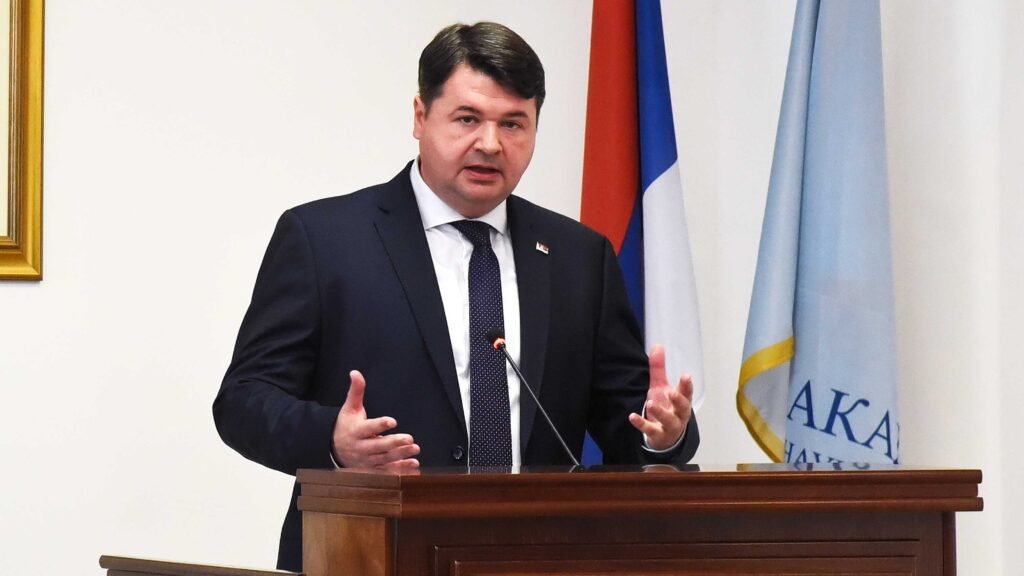Professor of Law at the University of Belgrade and Constitutional Court judge Vladan Petrov stated that the verdict against the president of Republika Srpska, Milorad Dodik, cannot be justified from a legal standpoint. He emphasized the importance of exhausting all legal remedies, including an appeal to the European Court of Human Rights in Strasbourg.
“From a legal point of view, such a final and binding verdict is indefensible—regardless of which nation one belongs to. If you are an objective and competent jurist, there is no legal justification for this verdict,” said Petrov.
He described the verdict as “the tip of the iceberg” of the legal chaos in Bosnia and Herzegovina, caused by decades of controversial actions by high representatives—particularly the illegitimate Christian Schmidt—which, in that context, made this outcome predictable.
“According to the Constitution of Bosnia and Herzegovina and Annex 10 of the Dayton Peace Agreement, the high representative—whose decision introduced the criminal offense of disrespecting his rulings, and under which the president of Republika Srpska was convicted—has no authority to exercise any of the three branches of power in the country,” Petrov said.
He explained that the high representative is neither part of the executive nor legislative, let alone constitutional or judicial power. However, over time, within Bosnia’s constitutional and political framework, the high representative has become an almost omnipotent figure.
Petrov stressed that although the verdict is final—meaning no further appeal is possible through regular legal procedures—there remains the option for the Constitutional Court of BiH to intervene. However, he pointed out that the court has been in a “fragile state” for some time and currently lacks judges from Republika Srpska.
“When a country’s Constitutional Court is in such a weakened position and struggles to function properly, especially with the continued presence of foreign judges, expectations should remain cautious. As a legal expert, I strongly urge the use of all available legal remedies, including a lawsuit before the European Court of Human Rights in Strasbourg,” said Petrov.
Commenting on the statement by Bosniak Presidency member Denis Bećirović that Serbia is not a guarantor but merely a signatory of the Dayton Agreement, Petrov noted that while he cannot comment on political statements in his capacity as a Constitutional Court judge, as a law professor he considers Bećirović’s remark to be purely political and without any legal weight.
“This is simply an interpretation that serves the current Bosniak political elite, since Bećirović is their representative,” said Petrov in an interview with TV Prva.
He emphasized that Bosnia and Herzegovina, Croatia, and the Federal Republic of Yugoslavia—the three parties that concluded the Dayton Agreement—are not mere signatories, but have taken on obligations to guarantee, through their conduct, the permanent respect of all legal principles on which the agreement, as a multilateral international treaty, is based.
Source: RTRS









